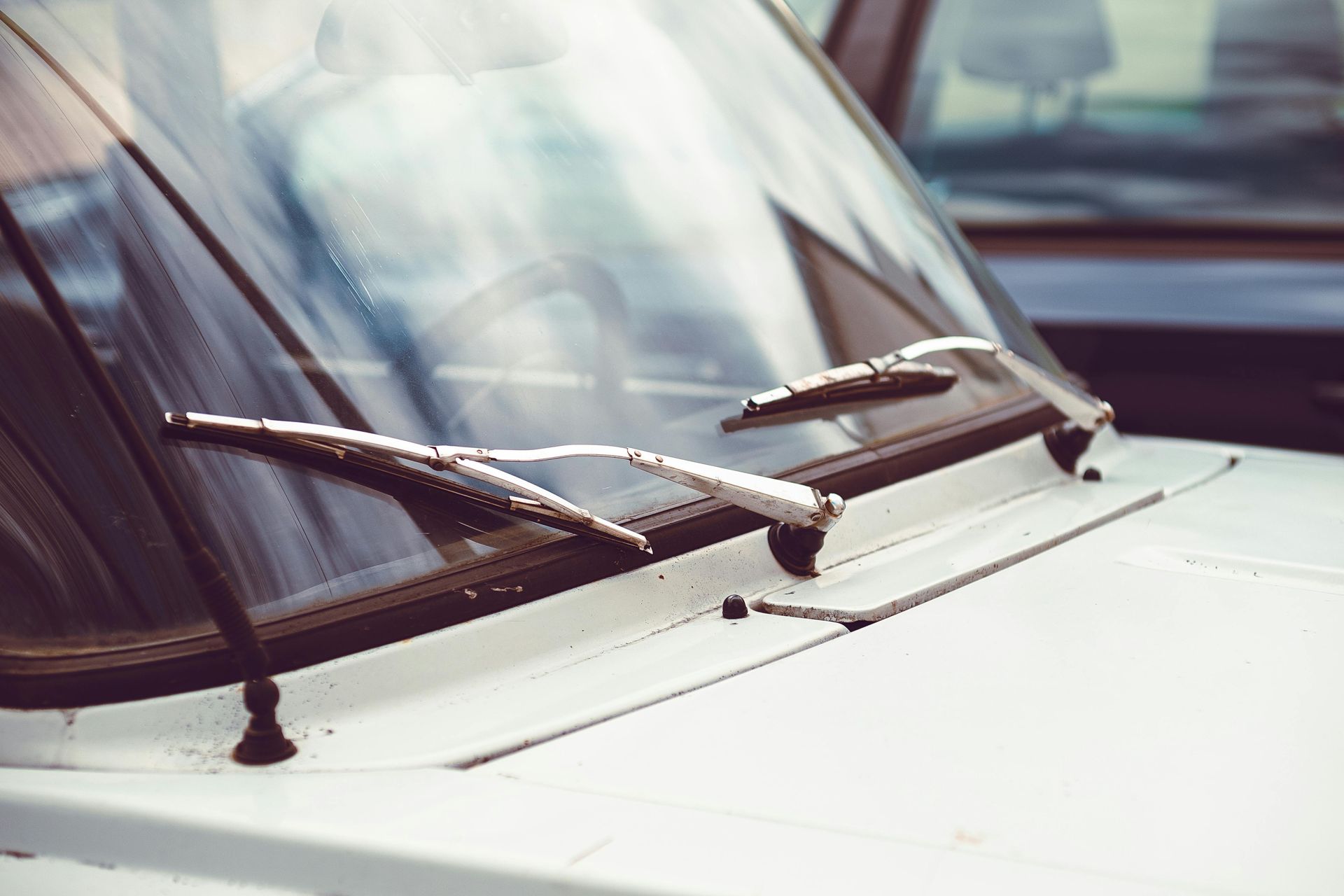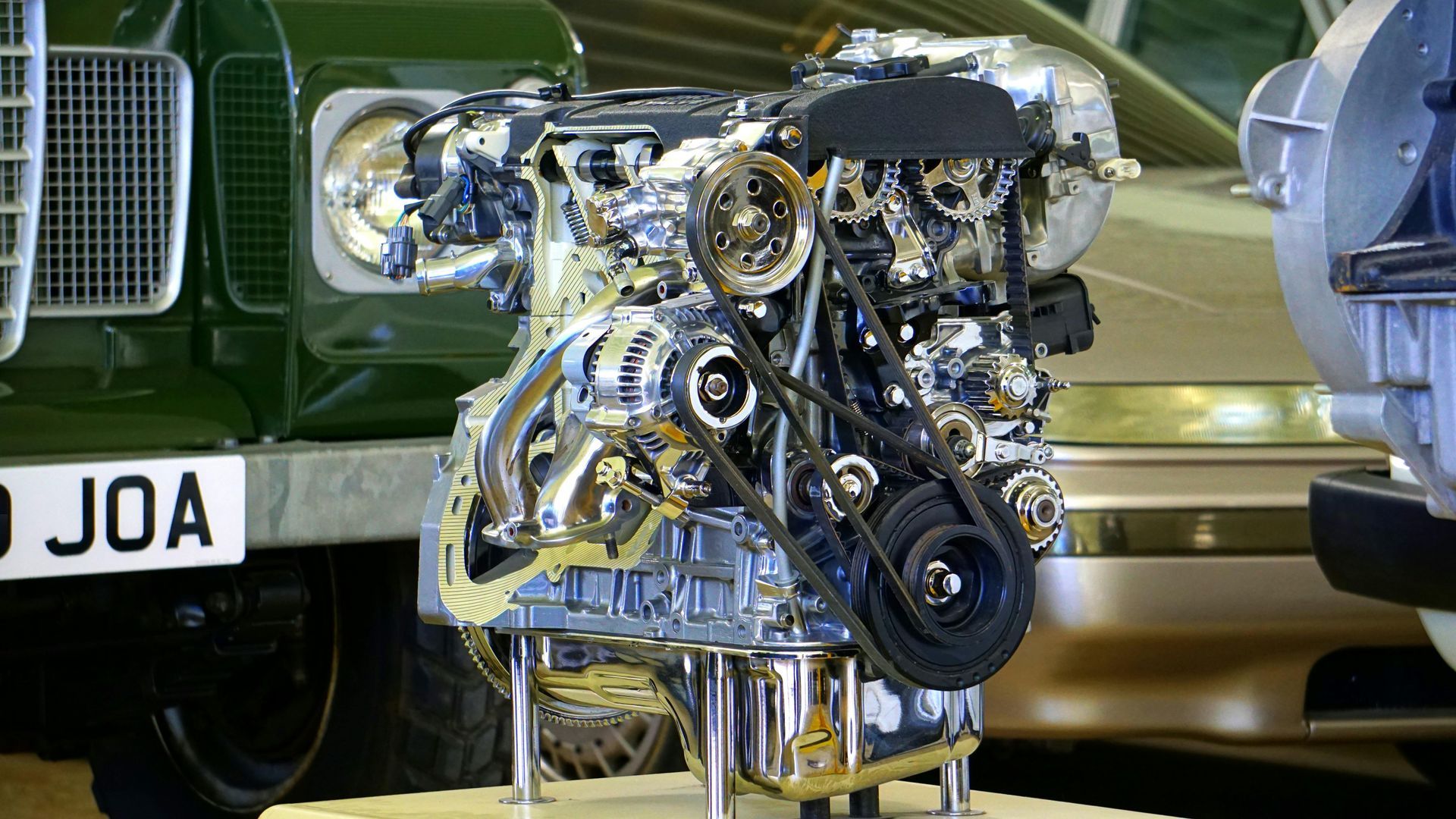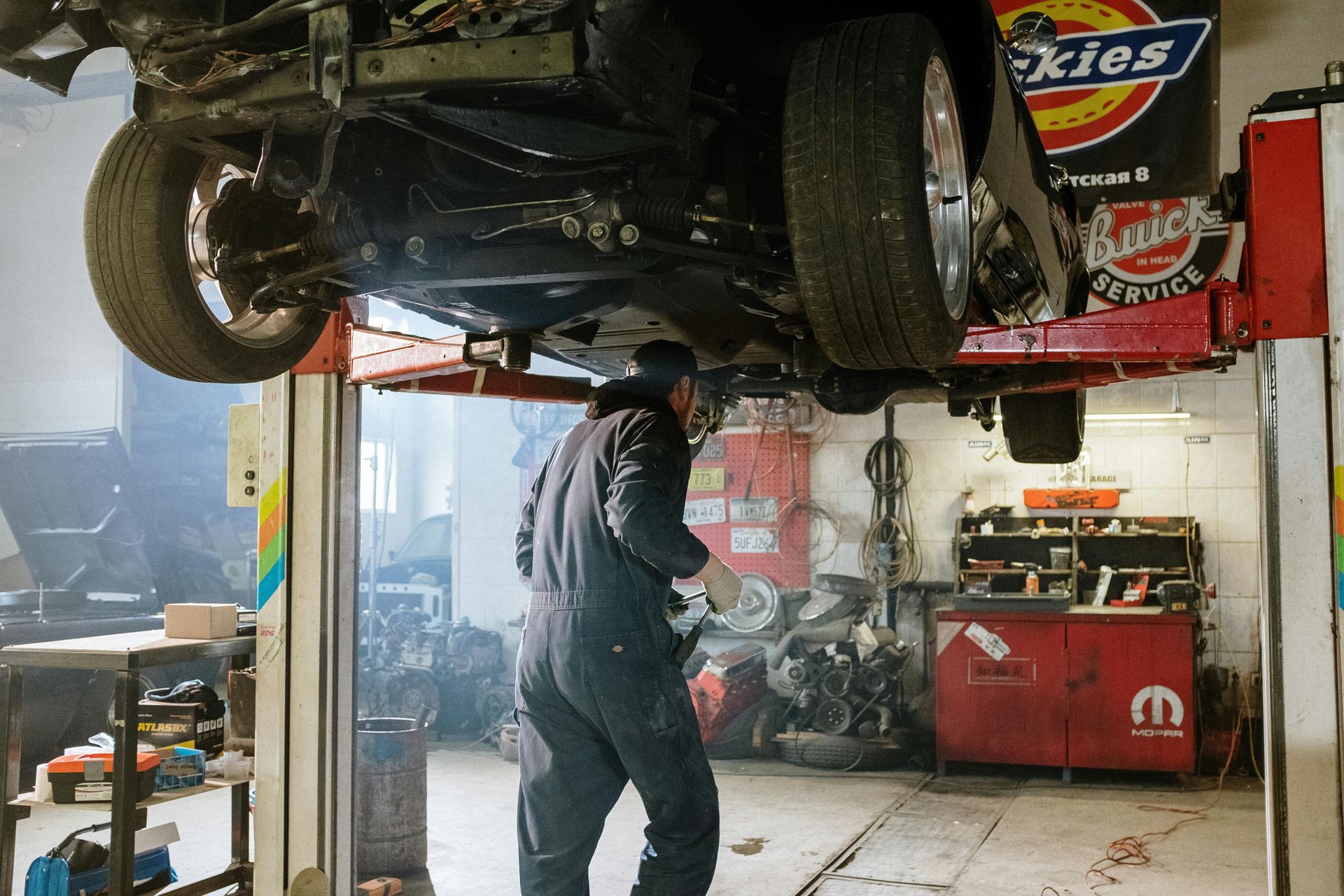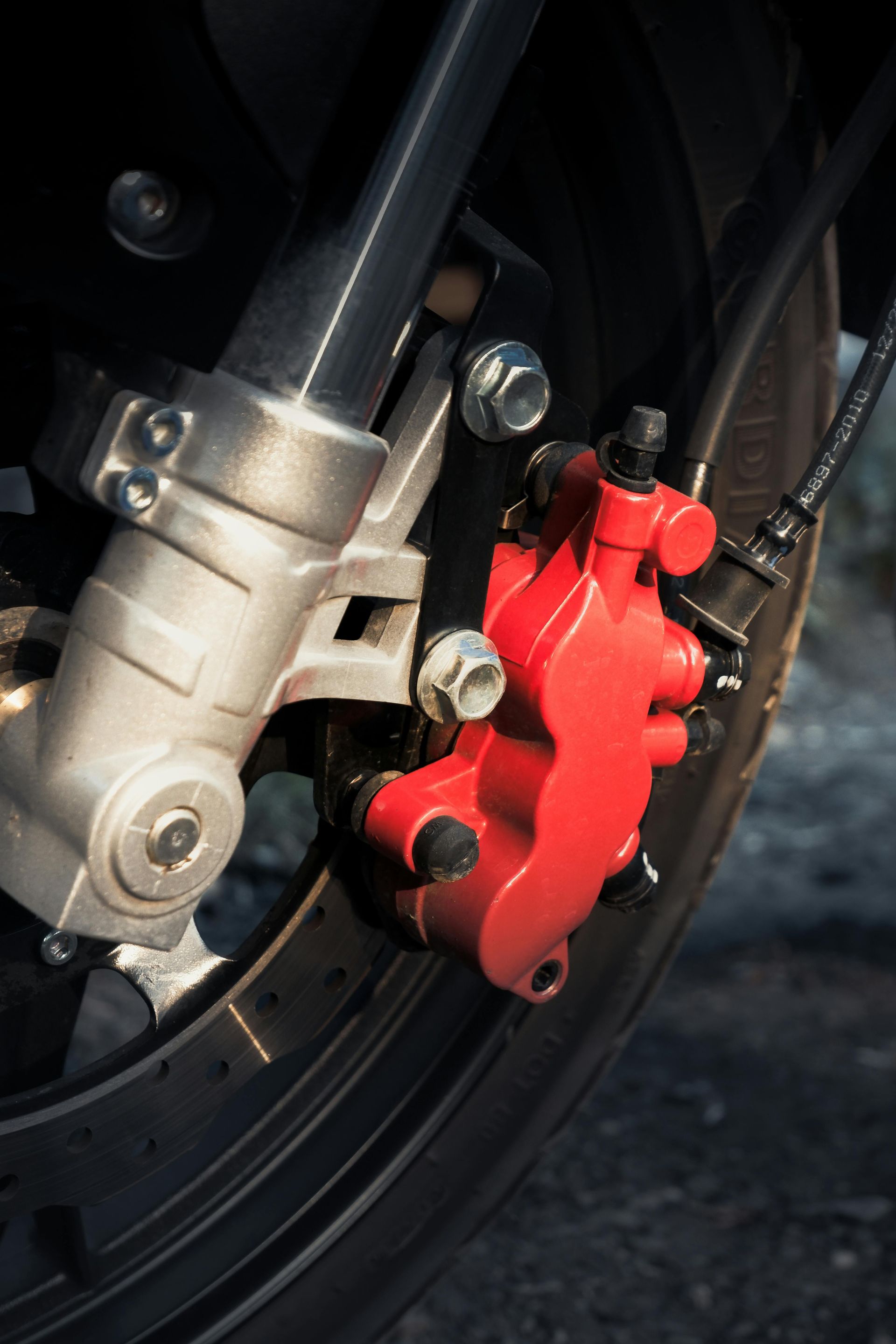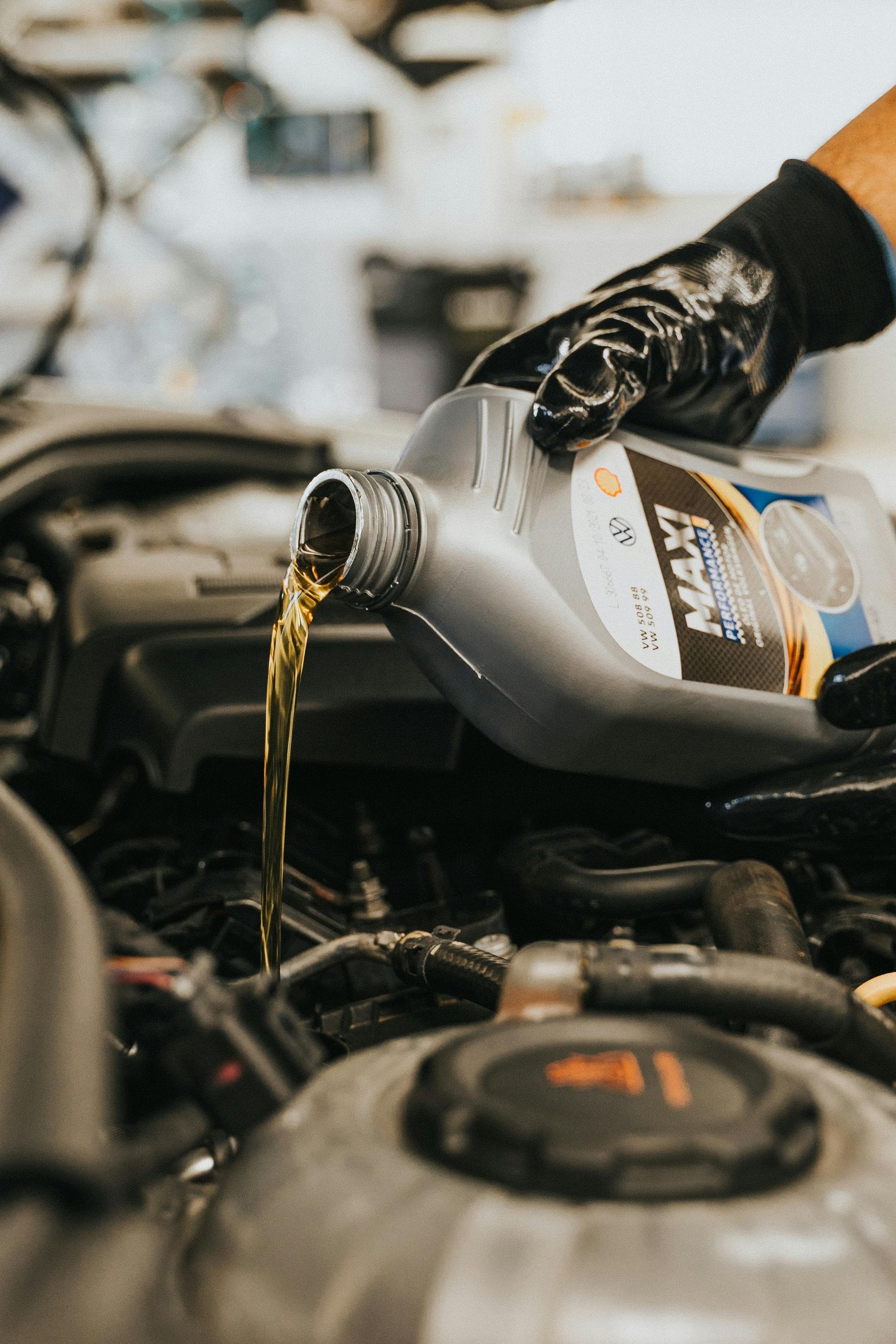Battery Boost: Power up Your Car’s Heart in the Sweltering Heat
The scorching heat of summer is at its peak. It must be really difficult to keep up with the workflow and other daily tasks. I genuinely think how difficult it would be for workers of auto suspension repair shops in Houston .
Are you taking necessary precautions to stay safe from this heat? Putting sunblock and staying hydrated should be your top priorities in this weather. Eating fruits and fresh juices are also among the best ideas to keep your skin and health on track.
Have you thought about your beloved cars? How difficult would this weather be on them? Having a car means valuing something more than your own life.
So, obviously, taking care of them and saving them from this breathtaking heat is also our responsibility.
Not only for vehicles but required for your safety as well, overspeeding with misaligned tires on roads in summer can heat up your vehicles, causing the tire to burst. This has been one of the major reasons for accidents in summer.
Let’s dig in and explore some summer car care tips to keep your vehicle happy and healthy
Auto Suspension Repair Shops – Rescue For Your Vehicle
We all know as soon as summer arrives, we all are ready for road trips
According to a report,
“Britain’s roads are never busier than during the summer months, which leads to congestion, hold-ups and traffic jams, which we can’t do anything about.”
But along with that, another thing that happens in large numbers is road accidents due to tire defects.
No one would want to face such a hassle on their vacations and road trips. One thing that you can do to avoid such situations is to get your vehicles checked thoroughly before heading out.
Drive it in a reliable suspension repair shop for automobiles in Houston and get its detailed inspection and diagnostic services done. Spending a little on services is much better than facing a mishap and spending a fortune on repair.
As soon as you notice any change in the functioning and behaviour of your tires, drive them straight to Carmotive Total Auto Care in Texas.
There are multiple reasons for that. It can be friction, heat or the rubber of the tire. Let me get it cleared with a little explanation here.
Air Pressure
During the summer heat, an interesting phenomenon can be observed with tires—the expansion caused by the energetic air molecules.
As temperatures rise, the air inside the tires becomes more active, vibrating and expanding. This effect can have a significant impact on tire pressure. For every 10°F increase in temperature, the tire pressure tends to increase by approximately one pound per square inch (PSI).
Considering that typical automobile tires are designed to handle pressures ranging from 30 to 35 PSI , even a modest temperature increase of 10°F can potentially lead to serious consequences.
Protect Your Paint
The sun’s UV rays can damage your car’s paint over time. Park your vehicle in a shaded area or use a car cover to protect it from direct sunlight. Regularly wash and wax your car to create a protective layer against the sun and other environmental factors.
Check and Maintain Coolant Level
Driving in the summer heat without air conditioning, Doesn’t that sound like a nightmare?
Your car’s cooling system is as important as your sunblock in hot weather. Check the coolant level regularly and ensure it’s at the recommended level. If needed, top it up with a coolant mix of water and antifreeze as specified by your car’s manufacturer.
If you notice any issue in the air conditioning system of your vehicle, instead of delaying the services, you can take them to any reliable repair shop in Houston.
Check and Maintain the Battery
Extreme heat can take a toll on your car’s battery life. Inspect the battery for signs of corrosion, such as a white, powdery substance on the terminals. If necessary, clean the terminals and ensure they’re securely connected. Consider having your battery tested to ensure it’s in good condition.
Driving Force
Another reason for this unwelcomed tire burst can be traction (friction caused between tires and wheels) that increases the heat being a dangerous combination with the outside temperature.
Some of the best tire brands also facilitate you with the option to shop for tires online.
These incidents can be life-talking. None of us wants to turn a fun road trip into a tragic experience for a lifetime.
Fluid Levels and Oil Changes
Check all fluid levels, including oil, transmission fluid, power steering fluid, and brake fluid. Maintain them at the recommended levels. Additionally, ensure that you change your engine oil at regular intervals as per your car manufacturer’s guidelines.
You should timely visit auto suspension repair shops in Houston for your fluid level checking.
Ignoring Tire Repair Services- Consequences It Has
Heat generated from tires due to friction in the summer heat can be a major reason behind many road accidents.
There have been many horrific cases where people lose their lives in road accidents just due to delays in tire repair services. One of which is the famous incident that happened on the 27th of May. Let me recall it for you.
On May 27th, a tragic accident involving a Tata Safari Strome and an oncoming truck resulted in the loss of five lives. The SUV veered off the road and collided with the truck. Investigations revealed that one possible cause was the neglect of timely tire repair.
The heat generated from friction in hot temperatures led to a tire burst, causing the driver to lose control. This highlights the importance of prioritising tire maintenance and investing in high-quality brands to prevent such accidents.
Let’s remember that our lives and the lives of others on the road are too precious to be risked due to carelessness.
You can keep up with a checklist to be followed for the inspection of vehicles before heading out for your summer trip. In terms of steering and suspension services, you can review the list of warning signs from this blog and go for services as soon as possible.
No need to make it complicated and confusing… It can be as simple as a to-do list. You can add some of these tasks to your lists.
- Checking tread level
- Pressure level of your tires
- Do Not overload
- Invest in good quality tires
- Monthly detailed inspections
The list can go on one other way to assure safety to visit an auto repair shop that has goodwill in Houston and ask for inspection services. You can also visit Carmotive Total Auto Care for detailed and quality services by our expert technicians. You can contact us to book an appointment or directly call us at 281-495-3777 .
